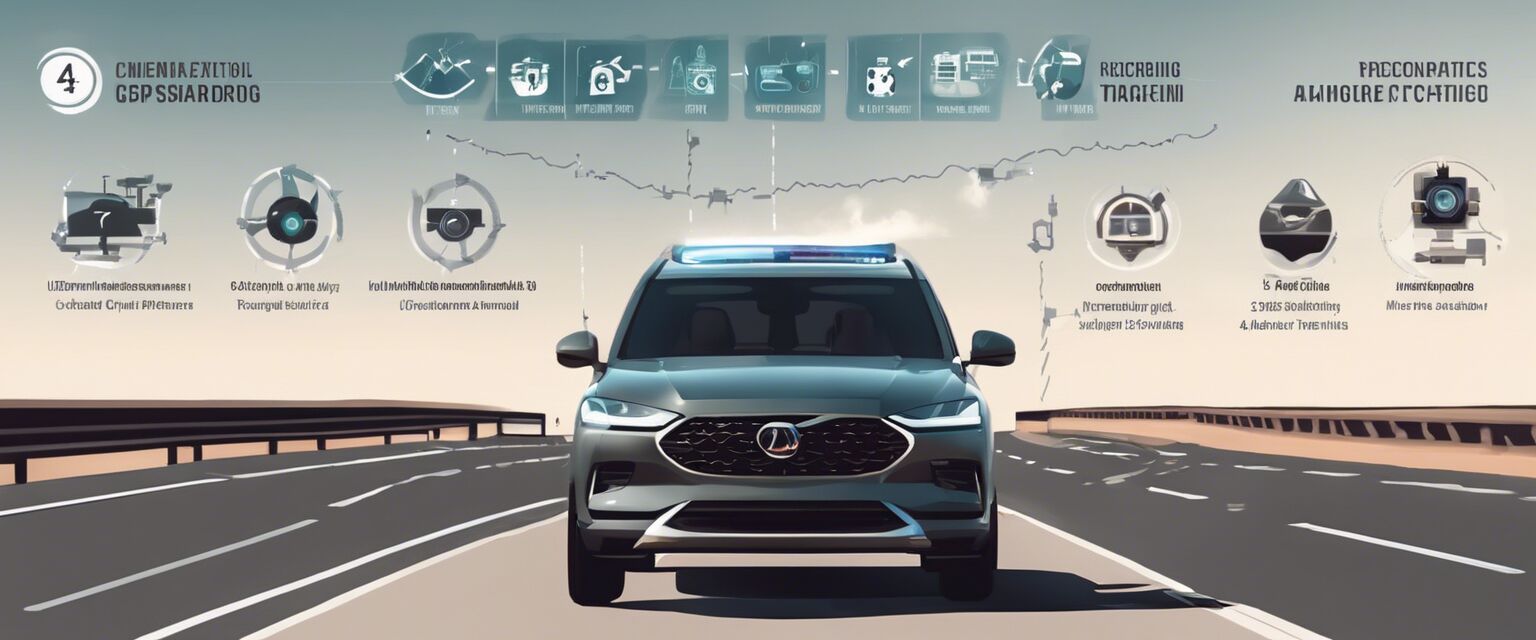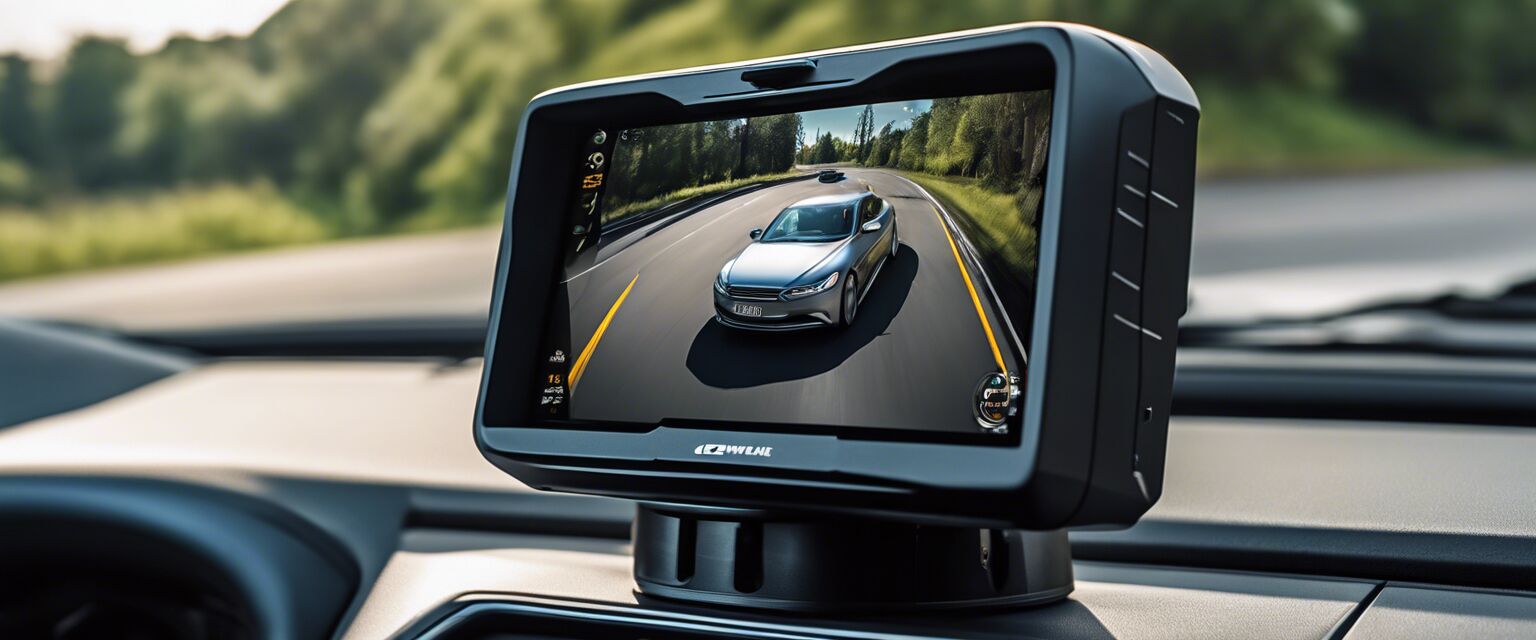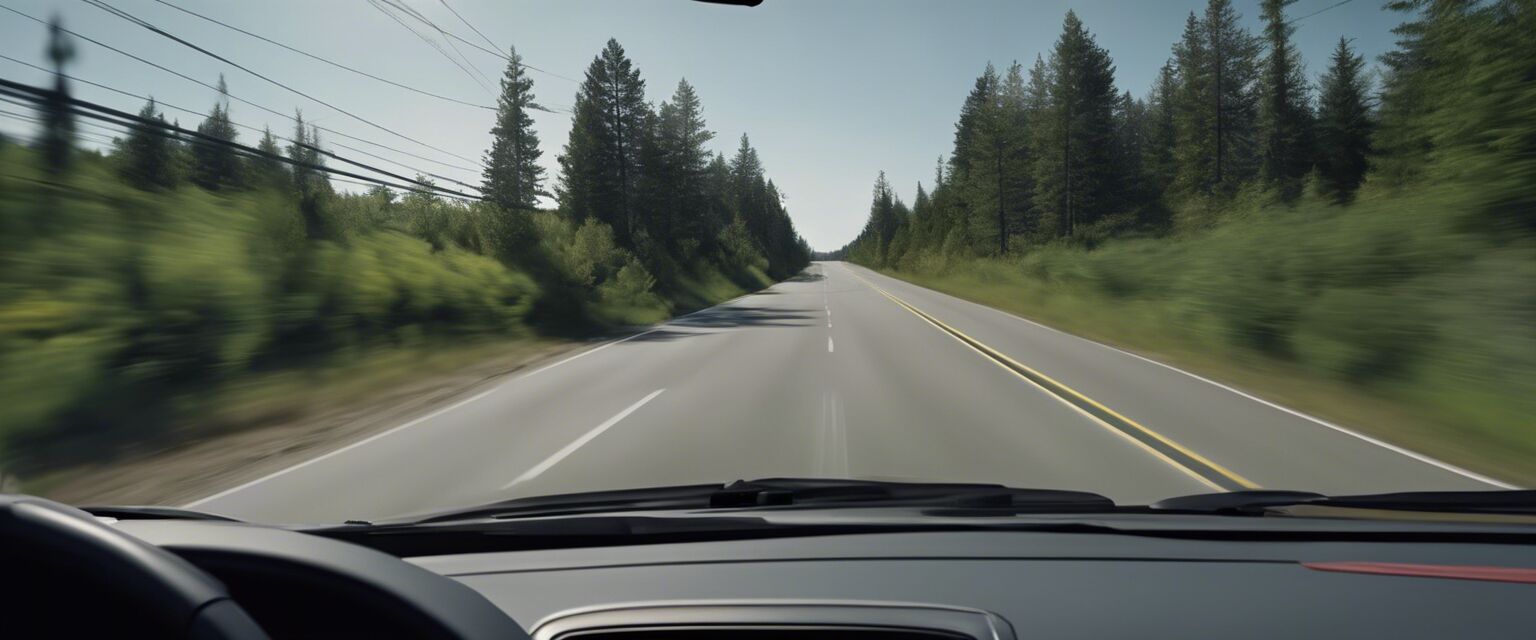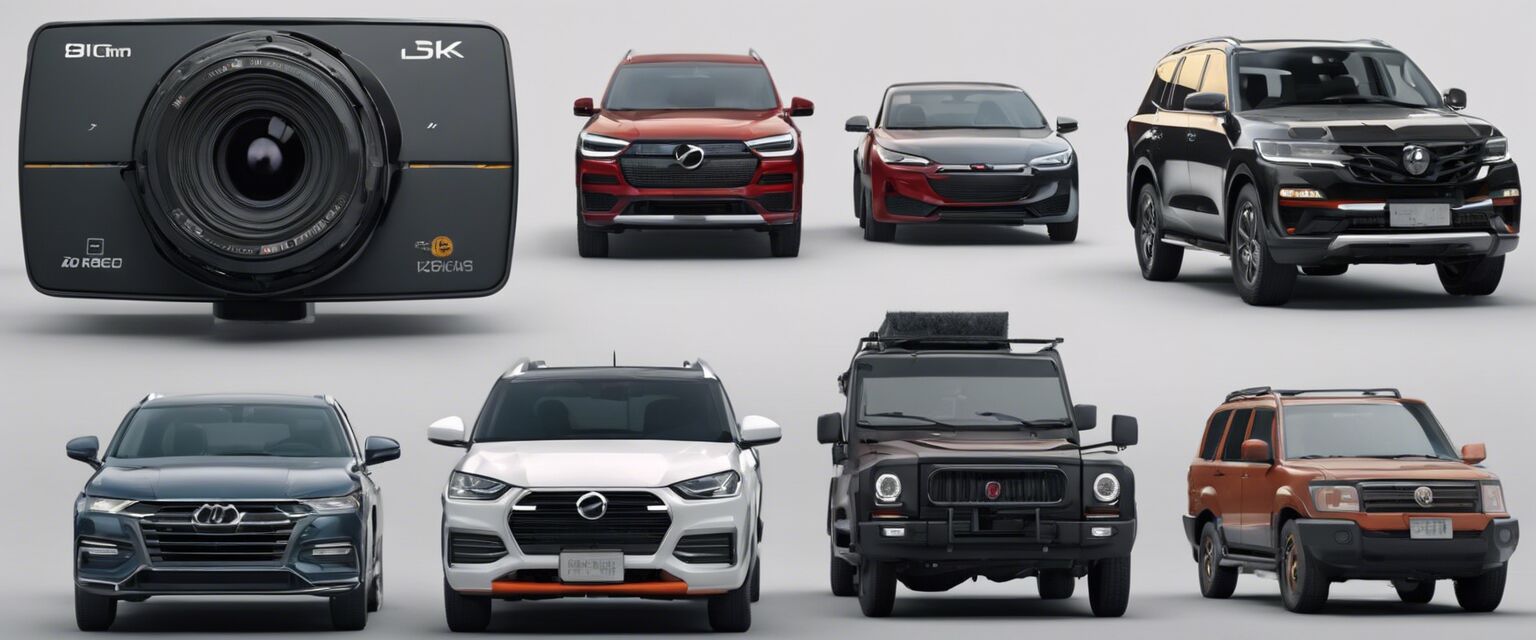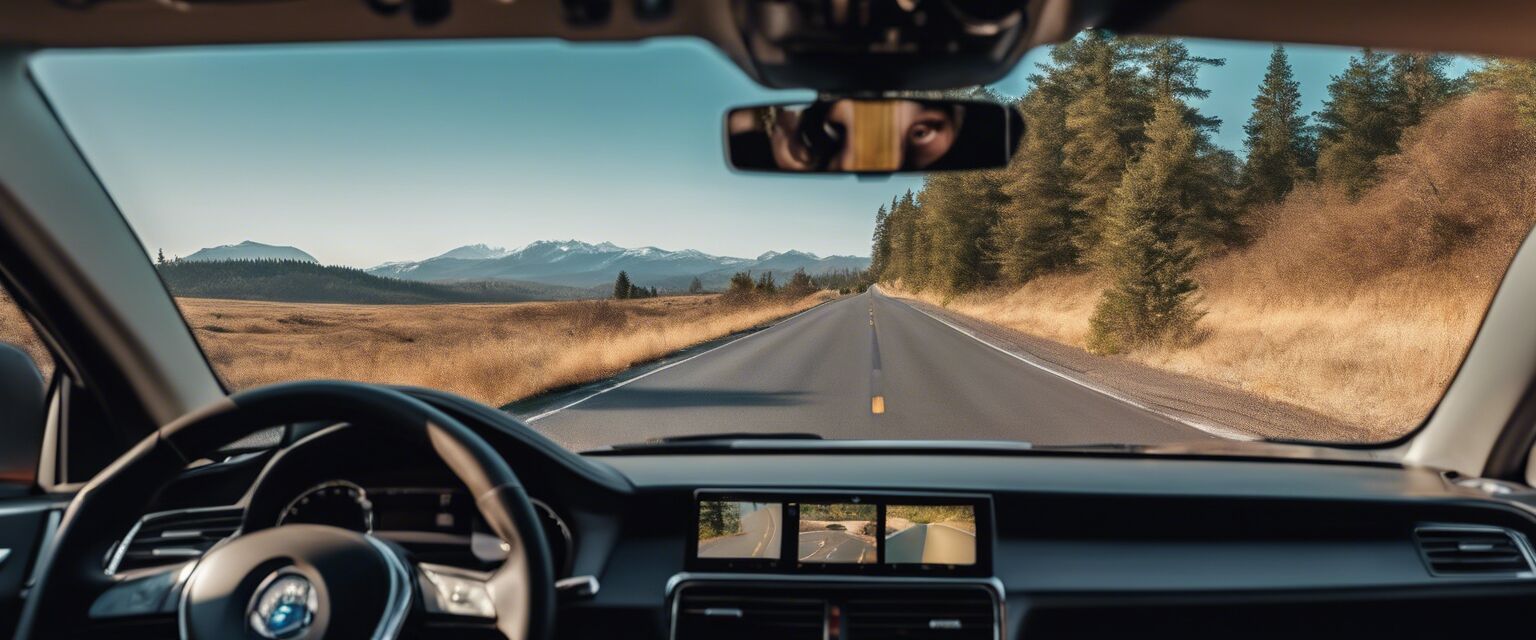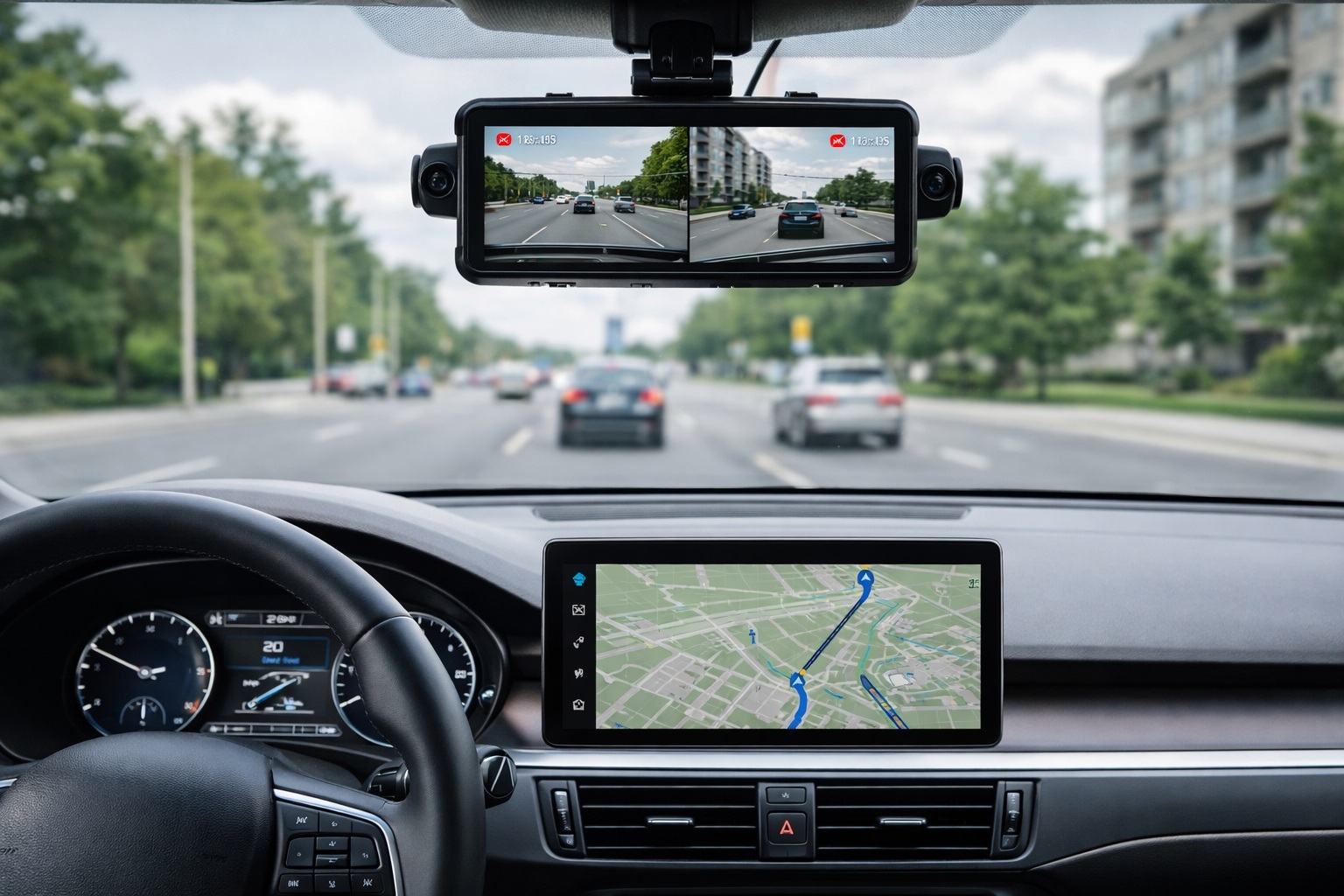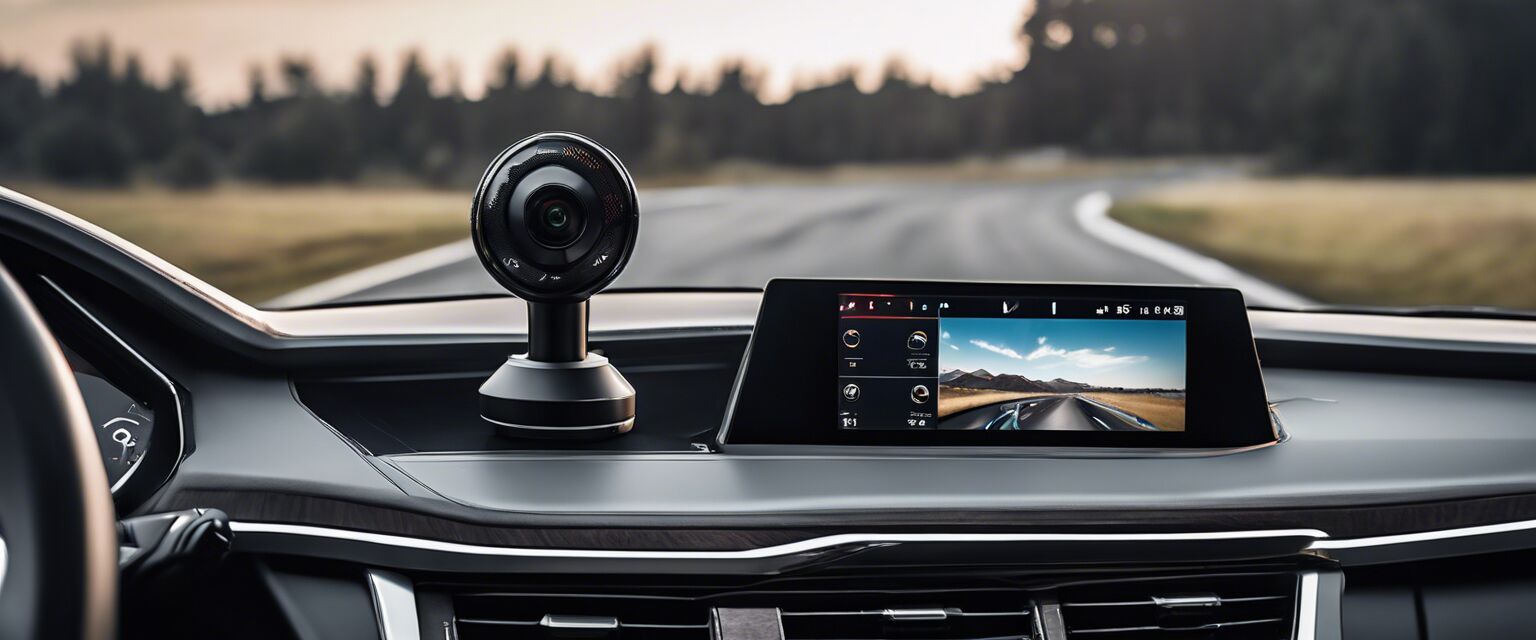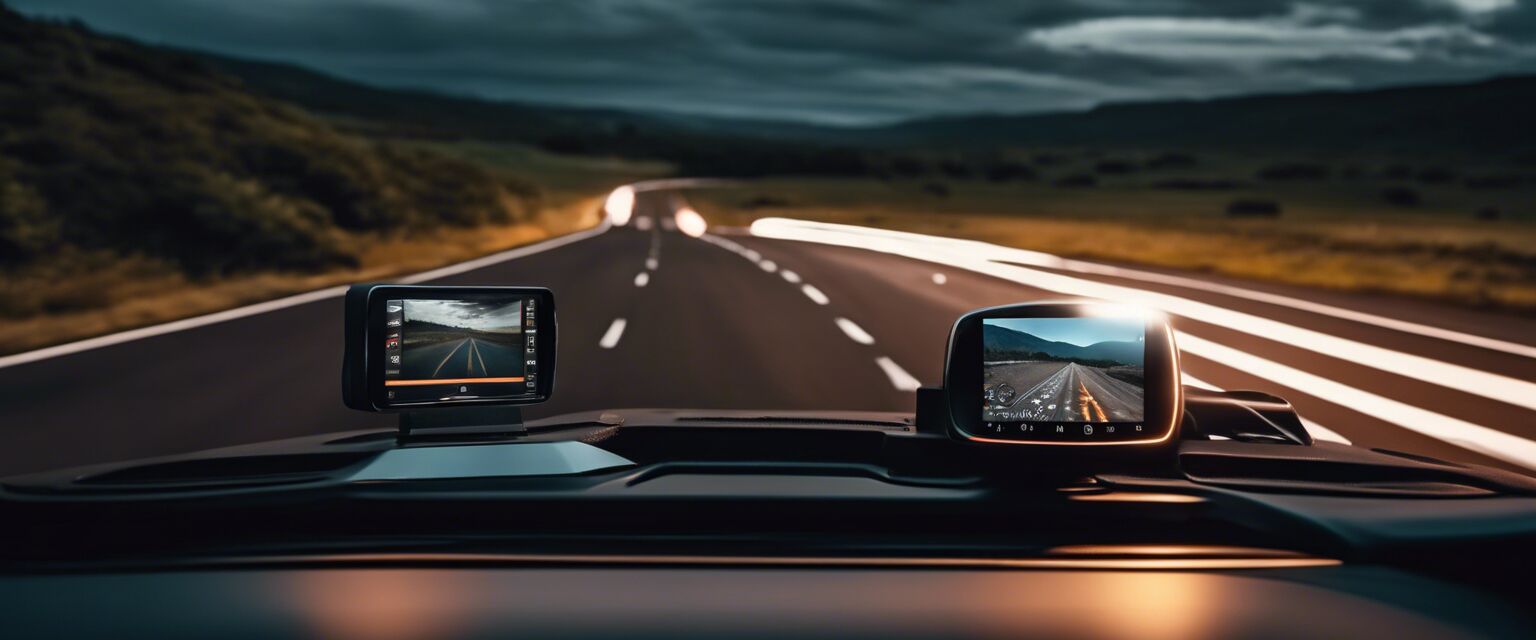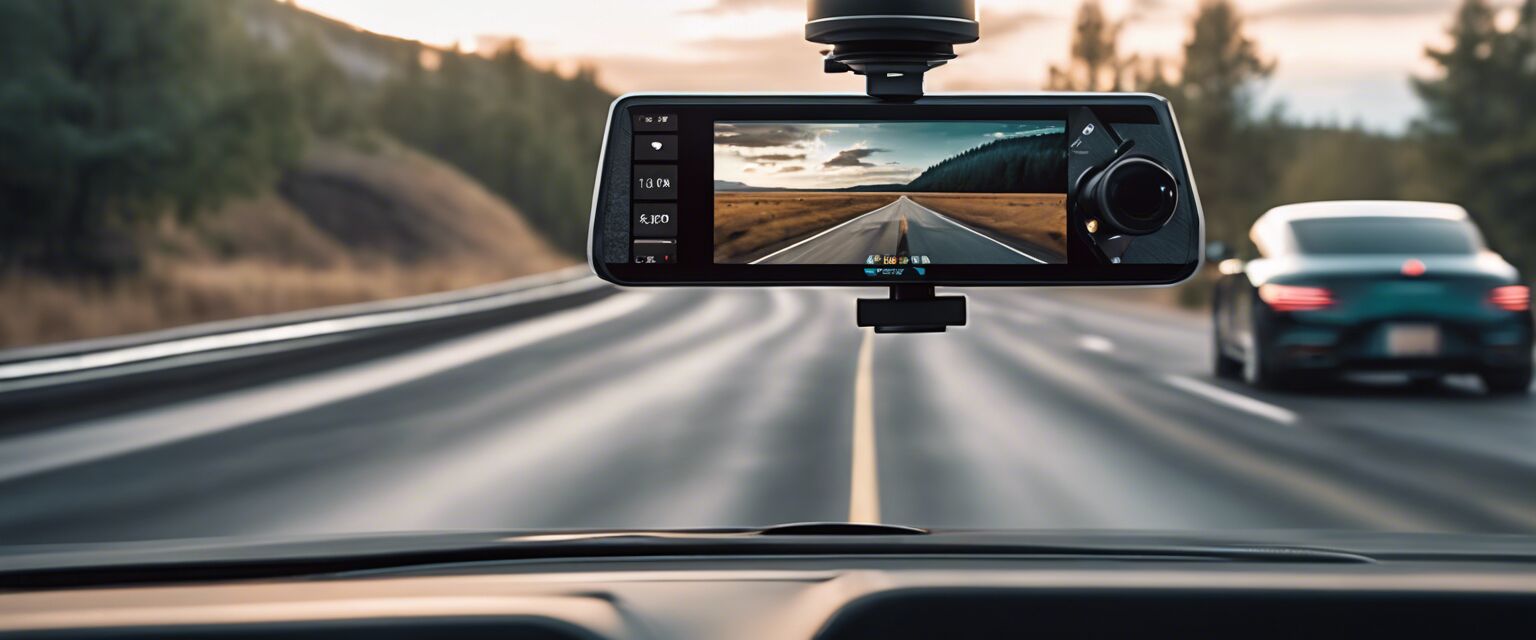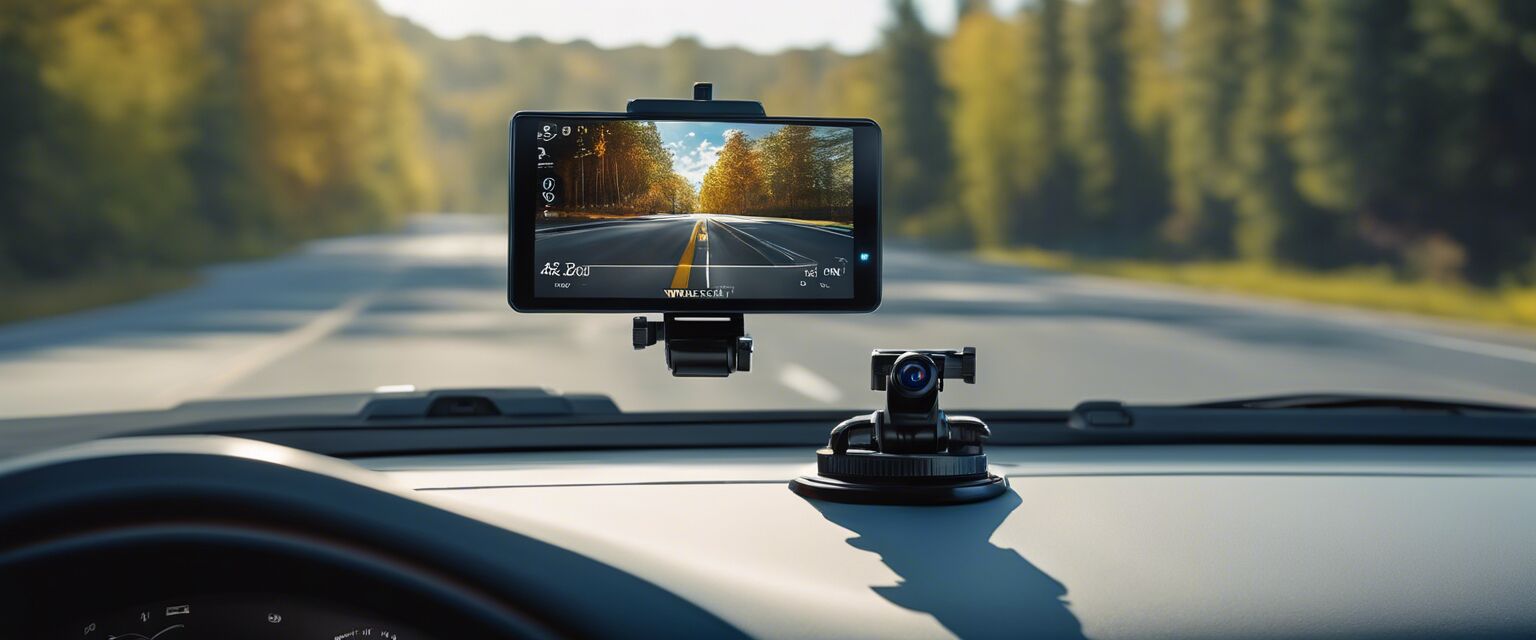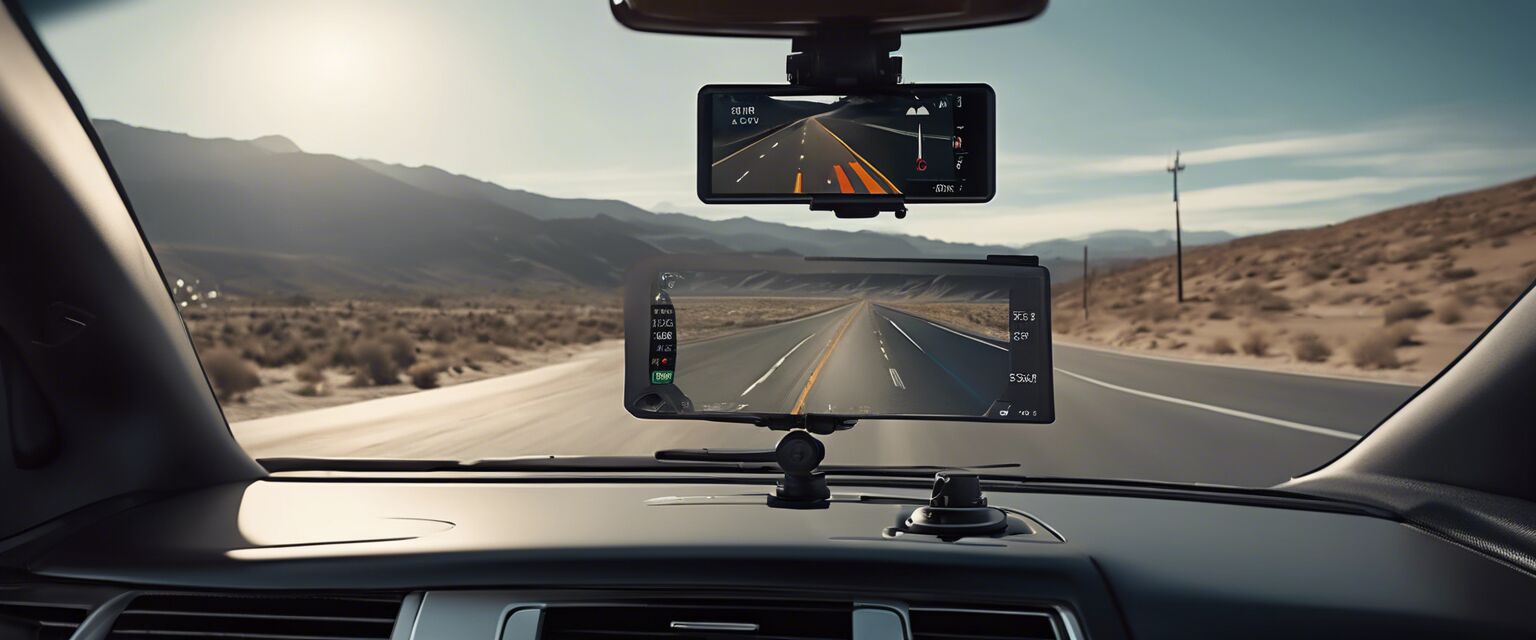
Dashboard Cameras with GPS
Key Takeaways
- Dashboard cameras with GPS provide real-time location tracking along with video recording.
- These cameras can be crucial in accident documentation, providing evidence of road conditions and locations.
- Advanced GPS features include speed tracking and route logging, enhancing the value of the footage.
- When choosing a GPS dash cam, consider factors such as video quality, storage options, and ease of use.
In todayâs world, dashboard cameras are becoming an essential part of vehicle safety and security. Equipped with GPS functionality, these devices not only record your driving but also provide valuable location data. In this article, we will explore various dashboard cameras with GPS capabilities, highlighting their features, advantages, and what to look for when making a purchase.
Why Choose a GPS-enabled Dashboard Camera?
GPS-enabled dashboard cameras offer several advantages over standard models. Here are some key reasons why you should consider one:
- Accident Evidence: GPS data can help pinpoint the location of an accident, providing crucial evidence for insurance claims.
- Route Tracking: These cameras can track your routes, which is useful for fleet management or personal records.
- Speed Monitoring: Many GPS dash cams display your speed, which is beneficial in the event of a traffic violation.
- Enhanced Safety: With real-time location data, emergency response can be quicker and more efficient.
Top Features to Look For
When considering a GPS-enabled dashboard camera, there are several features that can enhance your experience:
- Video Quality: Look for at least Full HD (1080p) resolution for clear footage.
- Storage Capacity: Ensure the camera supports sufficient storage (SD cards) for extended recordings.
- Wide-angle Lens: A wider field of view will capture more of the surroundings.
- Loop Recording: This feature allows for continuous recording, overwriting older footage as needed.
- G-Sensor: This detects sudden movements and locks footage to prevent overwriting during an incident.
Comparison of Popular GPS Dash Cameras
| Camera Model | Video Resolution | Storage Type | GPS Features | Price |
|---|---|---|---|---|
| Model A | Full HD 1080p | Up to 128GB SD Card | Real-time tracking, speed monitoring | $99.99 |
| Model B | 4K Ultra HD | Up to 256GB SD Card | Route logging, incident detection | $149.99 |
| Model C | HD 720p | Up to 64GB SD Card | Basic location tracking | $79.99 |
Pros and Cons of GPS Dash Cameras
Pros
- Provides crucial evidence in accidents.
- Enhances safety with location tracking.
- Can help manage fleet routes efficiently.
- Offers features like speed monitoring and alerts.
Cons
- Higher cost compared to standard dash cams.
- May require additional storage for extensive usage.
- Possible complications with installation for some models.
- GPS features may drain battery faster.
How to Choose the Right GPS Dash Camera
When selecting a GPS dash camera, consider the following factors:
- Your Budget: Decide how much you are willing to spend based on the features you need.
- Brand Reputation: Look for trusted brands with positive user reviews.
- Customer Support: Ensure the brand offers good customer service in case of issues.
- Installation Ease: Opt for models that are easy to install and set up.
Recommended Resources
For more information on dashboard cameras, check out our other articles:
- Budget-friendly cameras
- Dash cams with advanced features
- Dual camera systems
- High-resolution dash cams
- Wi-Fi connected cameras
Installation Tips for Your GPS Dash Camera
Beginners Section
Installing a GPS dash camera can be straightforward if you follow these tips:
- Read the manual carefully before starting the installation process.
- Choose the right location on your windshield for optimal visibility.
- Ensure the camera is securely mounted to avoid distractions while driving.
- Connect the device to a power source, usually through the car's USB port or cigarette lighter.
- Test the camera to ensure it's recording correctly and GPS features are functioning.
Conclusion
Investing in a GPS-enabled dashboard camera can offer peace of mind while driving. With features that provide location tracking and essential evidence in the event of an accident, these cameras are a valuable addition to any vehicle. By considering the features and models discussed in this article, you can make an informed decision that suits your needs.
